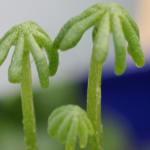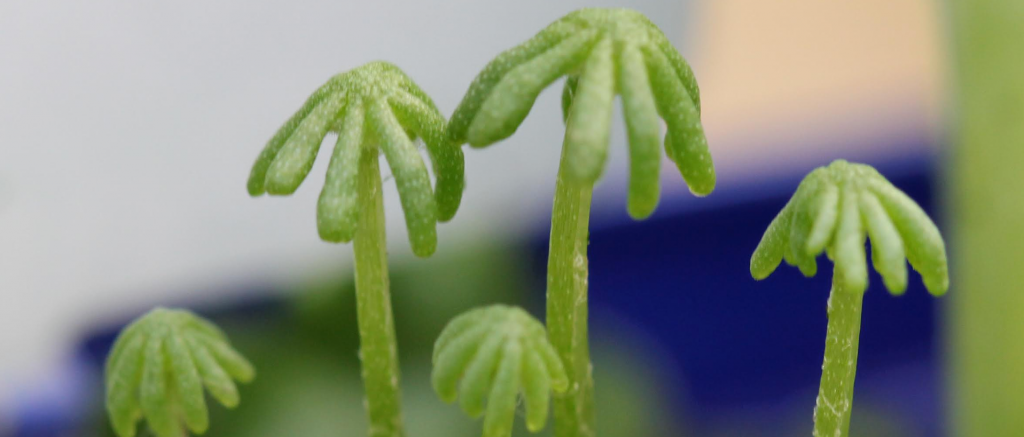 Applications are invited for a Post-doctoral Research Associate position in the group of Dr Sebastian Schornack at the Sainsbury Laboratory (SLCU), Cambridge University, to study early descendant land plants.
Applications are invited for a Post-doctoral Research Associate position in the group of Dr Sebastian Schornack at the Sainsbury Laboratory (SLCU), Cambridge University, to study early descendant land plants.
The position is part of the OpenPlant (http://openplant.org/) project. OpenPlant is a BBSRC-EPSRC funded Synthetic Biology Research Centre. It is based in the United Kingdom and is a collaboration between the University of Cambridge, the John Innes Centre and The Sainsbury Laboratory Norwich. The successful candidate will benefit from engagement with laboratories in all partner organisations.
Along our group's general interest in understanding principles of plant colonisation by filamentous microbes, the candidate will study filamentous pathogen interactions with liverworts and hornworts. Main model organisms will be the Agrobacterium-transformable liverwort Marchantia polymorpha and related species. The successful candidate will develop new molecular biological and genetic resources (in particular TAL effector activators and repressors) to modulate gene expression in early descendant plants (e.g. Liverworts/hornworts). The candidate will be provided with horticultural/technician support and will be able to team up with post docs studying plant-microbe interactions in angiosperms.
Candidates must have, or be close to completing, a PhD in Plant Biology, Plant Biotechnology, or related field. Knowledge of modular cloning strategies such as GoldenGate cloning is essential. Previous experience with synthetic biology and/or TAL effector assembly as well as handling of sterile plants, Agrobacterium-mediated plant transformation or knowledge on plant-microbe interactions, is desirable. Also desirable is previous experience with liverworts, hornworts or other early descendant plants. Proficiency in sequence analysis, general biological databases, qPCR analysis and confocal fluorescence microscopy is also required.
The successful candidate will be fully involved in the basic research in these areas whilst also writing up their research work for presentation and publication. The post holder may be required to assist in the supervision of student projects, provide instructions to students and deliver seminars relating to their research area.
Good communication skills are essential as the post holder will need to work well in a team and collaborate with other researchers in the Institute. Candidates would ideally have published or submitted papers in this area. Candidates should demonstrate a history of science communication (e.g. presentations, outreach activities, teaching).
The Laboratory provides a welcoming and collaborative environment with a wide-range of family-friendly benefits and development opportunities. More about the Sainsbury Laboratory, generic further information for the role and details of what the University offers to employees, can be found at: http://www.slcu.cam.ac.uk/.
Fixed-term: The funds for this post are available for 2 years in the first instance.

![[Closes 24 Nov 2107] Apply now to the OpenPlant Fund!](https://images.squarespace-cdn.com/content/v1/54a6bdb7e4b08424e69c93a1/1509564315902-TUO4I6QRWI9TT8UGSIAJ/OpenPlantTwitter_400x400+%281%29.jpg)

![[Closes 7 Mar 2017] OpenPlant Research Associate (Haseloff Lab)](https://images.squarespace-cdn.com/content/v1/54a6bdb7e4b08424e69c93a1/1486552818859-FH76MCA8SMFU93WB85RX/OpenPlantTwitter_400x400.jpg)

